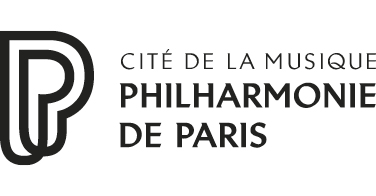Luigi Nono Prometeo, tragedia dell’ascolto
[Music]Luigi Nono’s Prometeo is an auditory feast for the senses.
A culmination of sounds and myths – an imaginary catalogue of gods and titans – this work is a stage for our memory, the names of its heroes and the maps we have drawn: strident bursts of layered music hanging in the air, gaping silences, and the struggle between the two.
Nono strips bare the Promethean myth according to Aeschylus, removing all narrative. On occasion, the text reduced to a mere line on the score, like a muted voice felt only by the musicians themselves. There is nothing to see in Prometeo: traditionally speaking it is not an opera, despite the breadth and strength of required voices, instruments and electronics. It is in sound alone, its ebbs and flows, that the performance finds purpose: “a tragedy of listening”.
Nono started work on Prometeo in the mid-1970’s, amidst ideological struggles and failed revolutions around the world, to be completed nearly ten years later. It less divided into scenes as is it is islands and stasimon (choral interludes in Greek tragedy); a sea journey through an archipelago with a limitless number of possible routes to take. Each island the Titan Prometheus visits comes with a theme: his gifts; the prophecies delivered to Io, loved by Zeus who transformed her into a heifer to avoid Hera’s jealousy; the works and days, no longer god and wandering in the desert; laws and norms; the angel…
Promoteo thus gradually becomes the exegesis of a myth, in which the name of he who defied Mont Olympus takes on other figures of European culture. Prometheus is still Prometheus, but is also Ulysses, and Achilles, and Moses.








